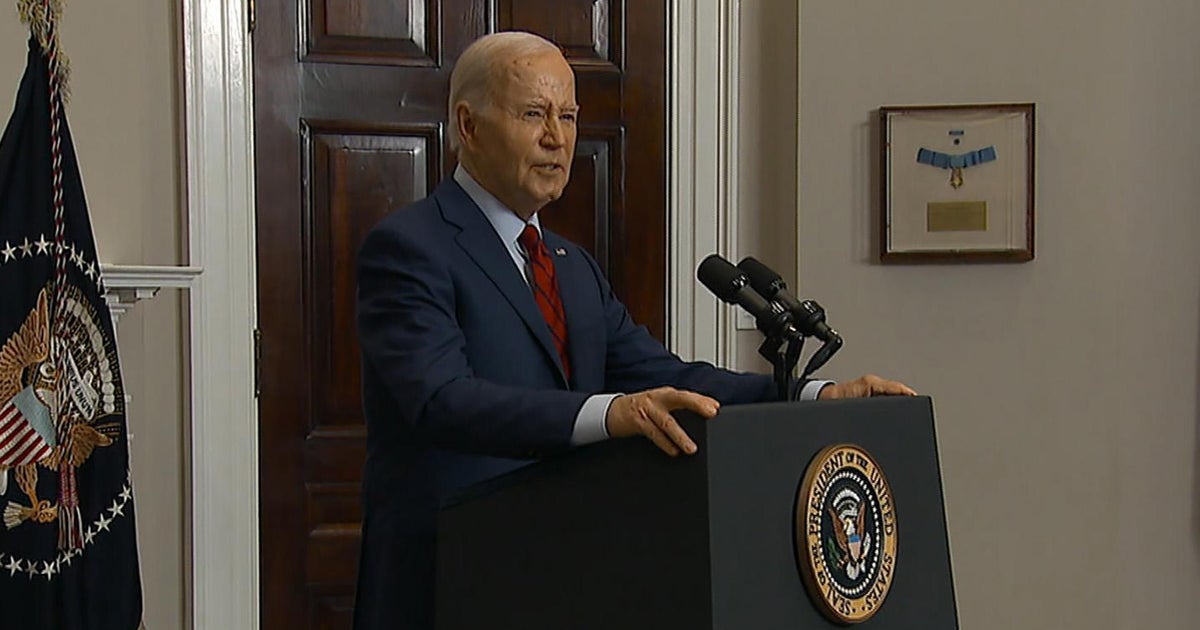The Premier League’s pledge to scrap betting adverts on football shirts will not protect children from a “bombardment” of gambling advertising, according to a report by MPs that also raises concerns about the pace of reform to the industry.
MPs on the select committee for culture, media and sport criticised the government for failing to take a more “precautionary approach” to gambling promotion, setting out their concerns in a 76-page report published on Thursday.
Under government proposals to make gambling safer, punters could be subject to affordability checks, bookies and online casinos will pay a new levy to fund addiction treatment and research, while stakes on online slot machines could be restricted.
The plans, which were detailed in a white paper released this year, aim to tweak a regulatory system drawn up under Tony Blair in 2005 that liberalised gambling laws just before the invention of the smartphone led to an online betting boom.
But the white paper left gambling advertising largely untouched, instead relying on voluntary proposals from the 20 Premier League clubs, which promised to forgo gambling adverts on the front of team shirts from the start of the 2026-27 season.
The MPs said this would have a “minimal impact” on the amount of gambling advertising seen by children, highlighting research that showed promotions were far more visible elsewhere when watching the sport, including on pitch-side advertising hoardings.
Front-of-shirt logos accounted for just 7% of visible gambling marketing during broadcast matches, according to a study published this year.
The select committee’s chair, Dame Caroline Dinenage, said that while a blanket ban on betting adverts was not necessary, “more should be done to shield both children and people who have experienced problem gambling from what often seems like a bombardment of advertising branding at football and other sporting events”.
The Conservative MP added: “The government needs to go further than the proposals in the white paper and work with sports governing bodies on cutting the sheer volume of betting adverts people are being exposed to.”
Bookmakers and industry lobbyists have repeatedly played down links between advertising and gambling-related harm, while warning of the dangers of the parallel market if the gambling sector is over-regulated.
But the MPs said: “The evidence for a link between advertising and gambling harm currently appears much stronger than evidence indicating there is a risk of displacement to the black market if gambling advertising were restricted.”
The committee said the government called for an in-depth study on links between advertising and harm and that, in the meantime, ministers should pressure sports teams and governing bodies through existing plans to draw up a code of conduct for sponsorship deals.
A spokesperson for the Coalition Against Gambling Ads, whose members include football clubs and civil society organisations, said: “We welcome the committee’s recognition that gambling ads are a problem – the government must be bolder and end gambling advertising in Britain.
“There should be no place for the promotion of an irresponsible industry that is peddling harmful products.”
In the committee’s report, the MPs also said the government was running out of time to meet its target of enacting most of its proposed changes by summer 2024, raising concerns that they were not mentioned in the king’s speech last month.
The MPs threw their weight behind proposals to restrict stakes on online slot machines, which they said should be between £2 and £5, and also supported new mandatory levy and affordability checks, as long as they were not too “intrusive”.
So-called “social casino” games that simulate gambling should also be reviewed, to determine whether they should be banned for under-18s, the report found.
The Premier League said it was “working with other sports and the government on the development of a new code for responsible gambling sponsorship”.
A government spokesperson said: “There are already robust rules in place to ensure gambling advertising is socially responsible, and we support the work ongoing across the sport sector to develop new standards through an industry wide code of practice.”
The Betting & Gaming Council, a gambling industry body, said that betting ads must comply with strict guidelines and that safer gambling messages were “prominently displayed”.







